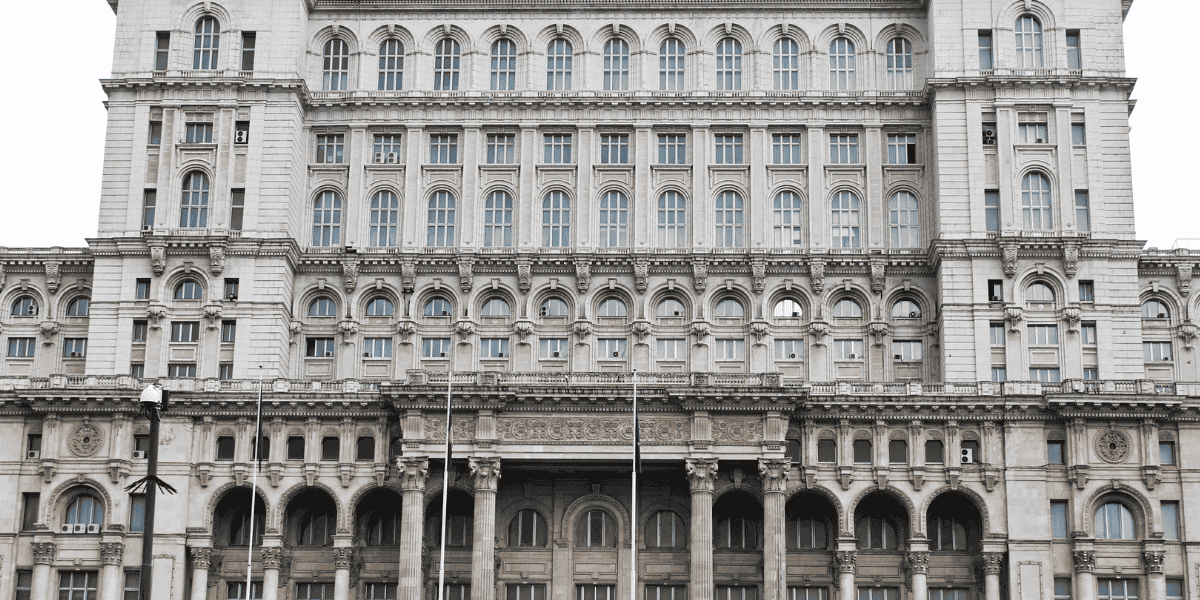The IMF issued a report on 27 March 2015 following the conclusion of Article IV consultations with the Romanian government. The economic recovery following the financial crisis has become broad based in Romania and economic growth is remaining robust. Convergence with the EU has however been slow and weak infrastructure is hindering further growth. Romania also requires stronger fiscal and regulatory institutions and a more stable business environment to increase investor confidence.
The IMF considers that Romania should continue prudent fiscal policies to reduce the public debt. Any tax reductions should only be made if there are offsetting measures to protect revenue collection. The tax base should be broadened and efforts to improve the tax administration should be increased.
Foreign investment companies in Romania are mainly export oriented. Reviving the flows of foreign direct investment (FDI) following the financial crisis is therefore important for increasing exports. Priority should be given to creating a favorable business environment including sound macroeconomic policy and strong governance institutions.
In Romania despite the low unemployment rate labor force participation is depressed and there is a large informal sector. Romania has passed reforms to increase flexibility in the labor market but the high tax burden is a disincentive to formal employment. There is a high labor tax wedge, in particular for low income earners. An efficient method of encouraging employment at least cost to revenue would be a cut in the social security contribution rate, targeted at low income earners or at youth.
Cuts in labor taxes would need to be offset by broadening the tax base and increasing taxes that do not distort economic activity. Increases in property and environmental taxes could be considered as well as increased efforts to collect the appropriate amount of value added tax (VAT).
There is currently draft legislation to cut the rate of VAT. In a conference call the IMF’s mission chief commented on the Romanian government’s intention to cut VAT in the current year. The VAT rate is currently relatively high but the IMF mission chief commented that any tax cut plans should go together with more tax compliance, revenue collection or other offsetting measures.
With regard to VAT there is a high compliance gap, which is one of the highest in the EU, with only around half the VAT due actually being collected by the government. Measures to reduce the VAT compliance gap are necessary but reducing the VAT gap requires time. In the IMF’s view a tax cut should ideally be implemented at the same pace as revenue collection is improved. The proposed size of tax cuts should therefore be reconsidered by the government in view of the amount of time required to put in place the offsetting improvements in tax collection.













